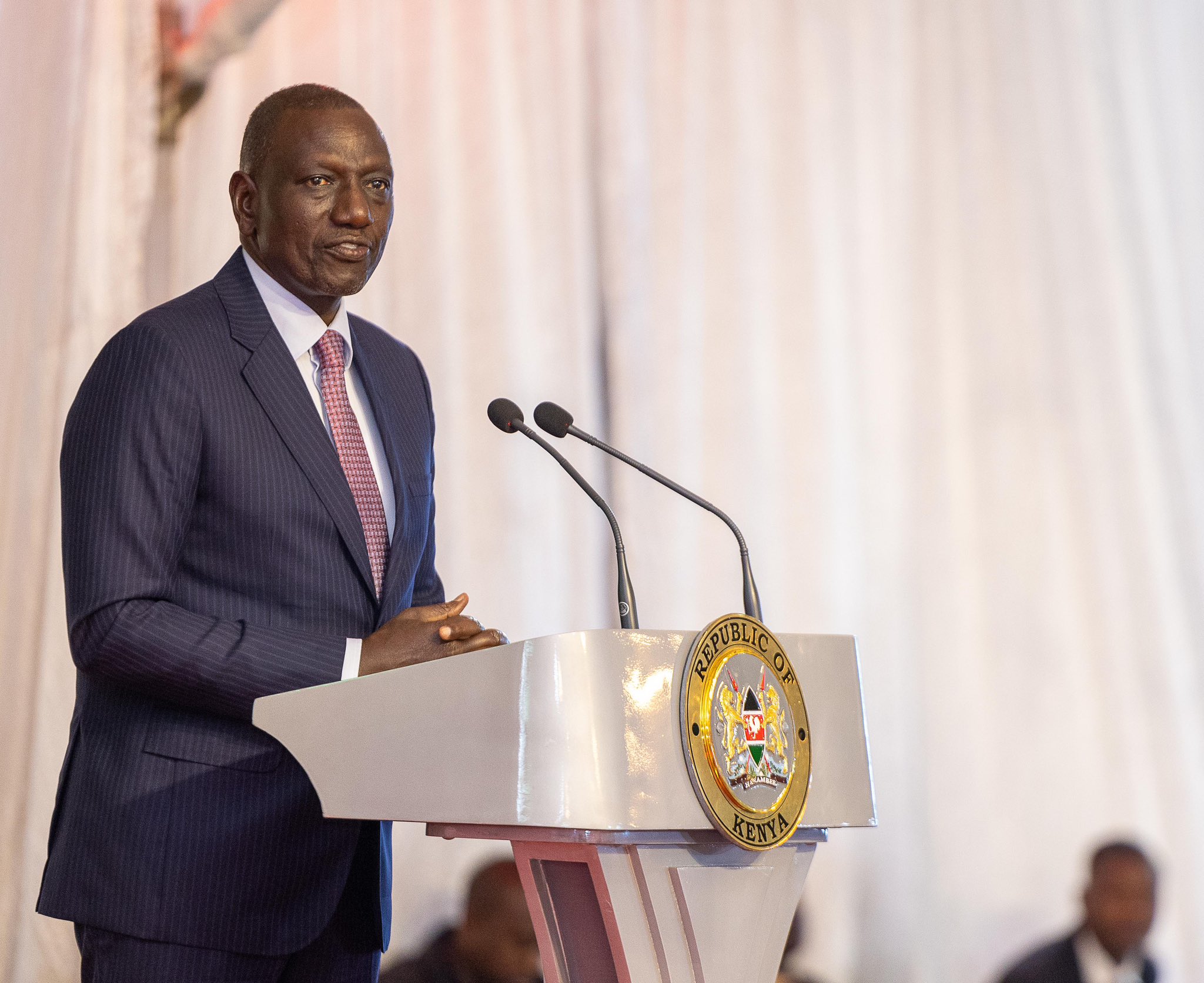The recent National Prayer Breakfast, on May 28, 2025, transcended its usual solemnity, marked by President William Ruto's profoundly unexpected and sweeping apology. It was a gesture that seemed to acknowledge both the raw wounds within our nation and the strained diplomatic ties with our East African neighbors.
The President sought forgiveness from Kenya's vibrant youth, Generation Z, and from our brethren in Tanzania and Uganda. While the sincerity and ultimate impact of such a public declaration will undoubtedly spark much discussion, it undeniably marked a crucial, if complicated, shift in our national conversation.
The apology directed at Generation Z felt perhaps the most deeply personal and politically charged. Following the tumultuous 2024 Finance Bill protests, a period tragically marred by loss of life and disturbing allegations of abductions, the President's acknowledgment of 'atrocities committed' against this generation served as a direct response to a profoundly wounded segment of our society.
It was fundamentally, an admission that the state, under his leadership, had failed its youngest citizens. This particular apology was reportedly prompted by a powerful address from keynote speaker Rickey Allen Bolden, who boldly challenged the leadership to demonstrate genuine remorse for the violence.
For many, this public admission of inflicted pain, coupled with a call for healing and unity, felt like a vital first step. However, the true test of this apology lies not merely in its spoken words, but in the concrete actions that must inevitably follow.
Will it genuinely lead to accountability for those responsible for the violence? Will it foster authentic engagement with the youth's concerns, moving beyond mere platitudes to meaningful, systemic reforms?
The skepticism voiced by some, who rightly demand the release of those still held and an end to political intimidation, highlights the deep chasm of trust that even the most heartfelt apology cannot instantly bridge.
Equally striking was the President's overture to Tanzania and Uganda. Recent weeks had seen diplomatic relations fray, particularly with Tanzania, following the contentious detention and deportation of Kenyan activists who had traveled to Dar es Salaam to observe the treason trial of opposition leader Tundu Lissu.
The ensuing online skirmishes and sharp parliamentary exchanges including pointed remarks from Tanzanian lawmakers directed at Kenyans had painted a worrying picture of declining regional camaraderie.
"If we have wronged you in any way, forgive us" said Ruto. was a clear and necessary attempt to de-escalate these tensions and reaffirm the cherished spirit of East African unity.
In a region where historical bonds are paramount, such a public gesture, even if largely symbolic, can truly pave the way for renewed dialogue and reconciliation. It signals a genuine desire to move past recent misunderstandings and painstakingly rebuild trust, a foundation absolutely crucial for regional stability and economic cooperation.
The National Prayer Breakfast, by its very nature, serves as a platform for spiritual reflection and earnest appeals for unity. In this unique setting, the President's apology can be seen as an astute effort to harness the moral weight of the event to address pressing national and regional challenges.
Yet, the ultimate effectiveness of any apology is always measured by its tangible impact. For Generation Z, it must be swiftly followed by concrete steps towards justice, accountability, and their meaningful inclusion in national decision-making processes.
For Kenya's neighbors, it must be consistently reinforced by sustained diplomatic efforts and an unwavering commitment to upholding the principles of mutual respect and non-interference.
President Ruto's apology at the recent National Prayer Breakfast was a moment of considerable weight, acknowledging both profound domestic grievances and significant diplomatic strains.
It represented a crucial step towards reconciliation, both within our borders and across them. However, an apology, in and of itself, is merely the beginning, never the end.
Its true enduring value will be determined by the subsequent actions that unequivocally demonstrate a genuine commitment to addressing the fundamental causes of this pain and tension, fostering true healing, and diligently forging a stronger, more unified East African future.
